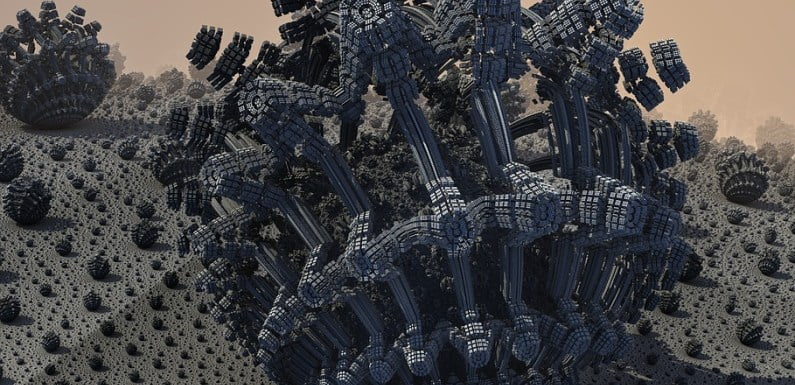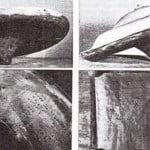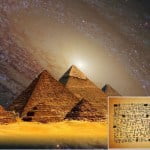
Nearly everyone assumes that the constant search for life on the Red Planet will turn out microbial, either a bacterial domain or prokaryotic Archaea. However, a new research suggests them to look out for possible extraterrestrial viruses.
The means of these research programs are directed towards finding biosignatures of these small living things when they descend on our neighbor-planet.
A recent study by Gizmodo, published in the journal Astrobiology, highlights an enduring interest of many astrobiologists. It particularly explains why are we expecting to find bacterial life, when the same life can actually be viral.
Viruses belong in a neutral area between the living and the non-living. They do some things just like living organisms do; however, not exactly everything.
As the very same study suggests, “viruses are the most abundant biological entities on modern Earth.”
They are flexible, exist everywhere and they have affected life and biogeochemistry for millions of years.
Their omnipresence indicates that they likely can be traced down to alien worlds also, meaning, they can exist as extraterrestrial viruses too.
However, NASA clearly doesn’t consider this an option. The 2015 NASA Astrobiology Strategy only referred to viruses six times.
The trio of scientists who made this paper belong to the University of California, Berkley, the Tokyo Institute of Technology, and Portland State University.
They strictly advise NASA to improve their performance by incorporating possible extraterrestrial viruses into their research.
As we said before, viruses are quite complex. They apply to a whole replication life period. The team suggests that whether the virus is a living thing, it’s a debatable topic.
“Finding a virus in space is totally different from finding bacteria,” said Dr. Ben Libberton, a microbiologist at the MAX IV Laboratory in Lund, Sweden to IFLScience.
“Bacteria replicate independently, but viruses we know about have to replicate in eukaryotic cells. If we find a virus, it would probably belong to a complex ecosystem.”
Libberton further pointed out some bacteriophages or viruses that can infect bacteria. Maybe, then, we’ll get a double spell, and discover both simultaneously.
“It’s possible that we could detect viruses based on the nucleic acids or the shells (capsids) they leave behind, which we could then compare with Earth’s own.”
“But if life is significantly different from that on earth then it will be very difficult to detect it,” he added.
One thing the paper is surely pointing out is that viruses are plentiful in an astronomical mean. Mainly, in our oceans.
Perhaps if we ultimately dig inside the ice of Europa and Enceladus, we could find a viral ecosystem.









